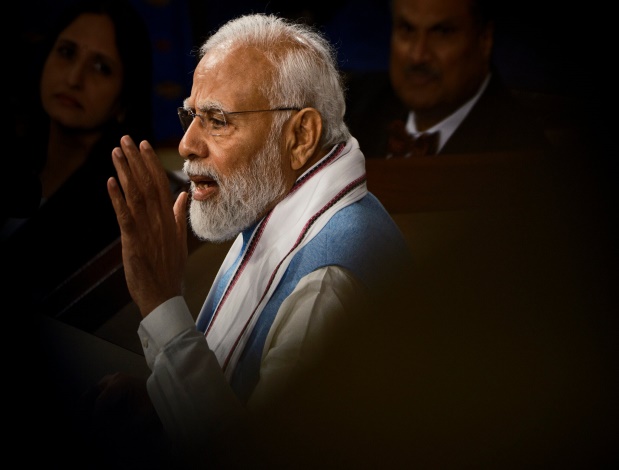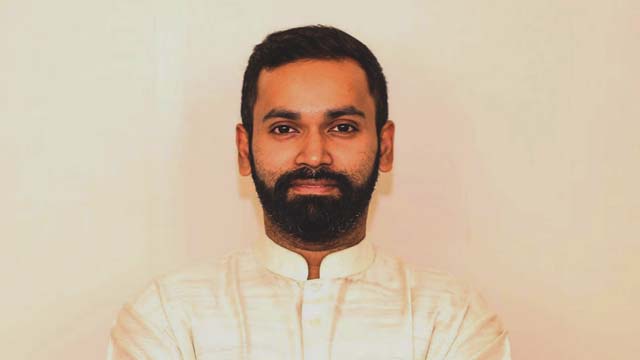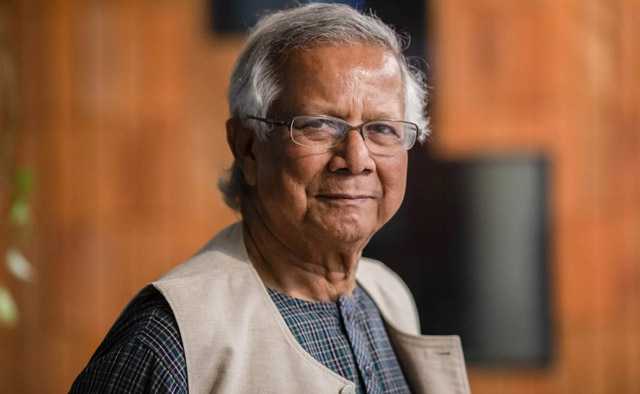
Online Desk: The Sikh community’s difficult relationship with India stems from a history of grievances tied to self-determination and aspirations for an independent Sikh state, known as Khalistan. Calls for Khalistan grew louder in the 1980s, reaching a peak during Operation Blue Star, a controversial military operation carried out by the Indian government at the Golden Temple in Amritsar.
Following Nijjar’s assassination, the Canadian government shared what it described as credible evidence implicating Indian officials. Canadian Prime Minister Justin Trudeau’s public remarks sparked a diplomatic crisis, with Indian officials denying involvement. This dispute has damaged Canada-India relations and led to calls from various sectors for international intervention. Canadian MP Chandra Arya’s condemnation of the recent incident illustrates the urgency of addressing the underlying causes of division and conflict within Canadian society. Arya’s statement that a “red line” had been crossed indicates a growing recognition that continued silence may no longer be an option.
A central point in this conflict is the role of Hindu nationalism and its impact on the Indian diaspora. Critics argue that the Modi government encourages Hindu NRIs to assert their cultural identity and influence local politics in line with Hindutva ideology. For minority communities, including Sikhs and Muslims, this influence is seen as a marginalizing force, reinforcing Hindu dominance. The OSGC’s call for mutual respect and understanding reflects concerns that certain ideologies may be fueling tensions among Canadian citizens.
As the issue of India’s alleged interference gains international attention, there is a pressing need for global awareness and intervention. The Canadian government, along with other Western nations, faces the challenge of balancing diplomatic ties with India against the imperative of protecting its minority citizens. Civil society organizations, human rights advocates, and Sikh advocacy groups have a critical role to play in raising awareness and pushing for international oversight on such matters.
These incidents are a stark reminder of the potential hazards of unchecked nationalist ideologies, which risk spilling over into the international arena and creating tensions among immigrant communities. The targeting of individuals like Nijjar and Pannun points to a larger pattern that calls for immediate attention. The global community, including human rights organizations and international bodies, must address this call for justice and hold the Indian government accountable.
The Sikh community’s plight, both in India and abroad, reveals a deeply troubling crisis that demands urgent action. These incidents emphasize the importance of protecting fundamental human rights and freedoms, especially in multicultural societies. The collective response to these recent events will shape Indo-Western relations, minority rights, and global peace in the years ahead.







